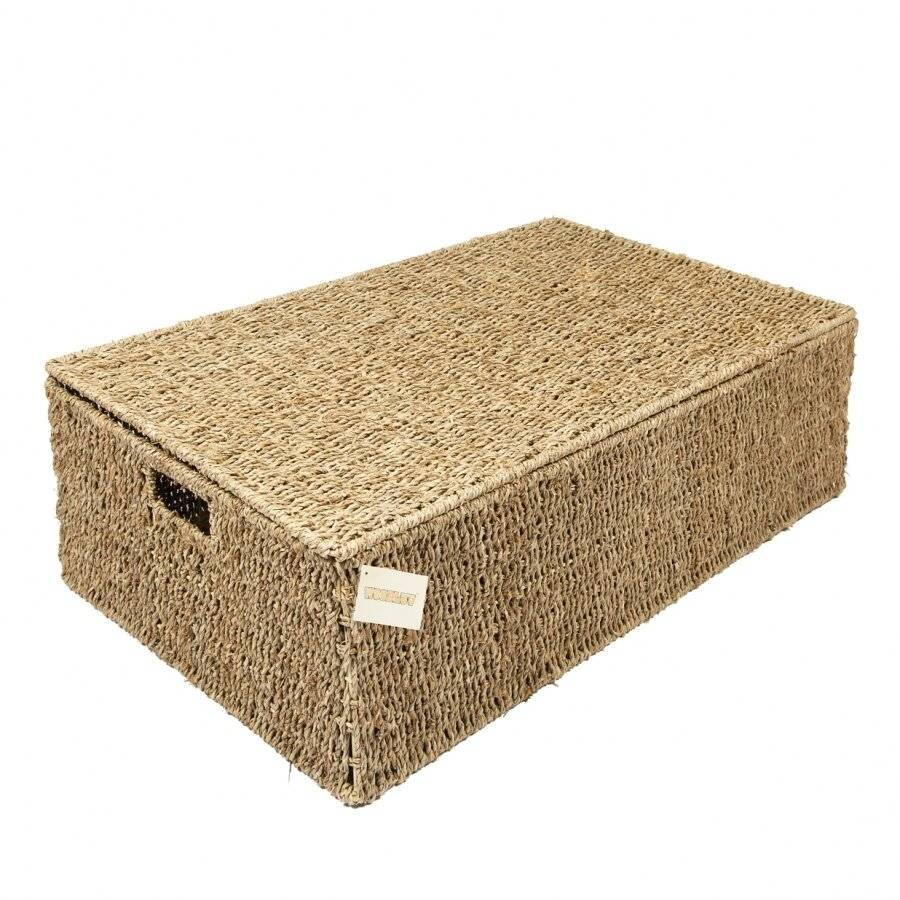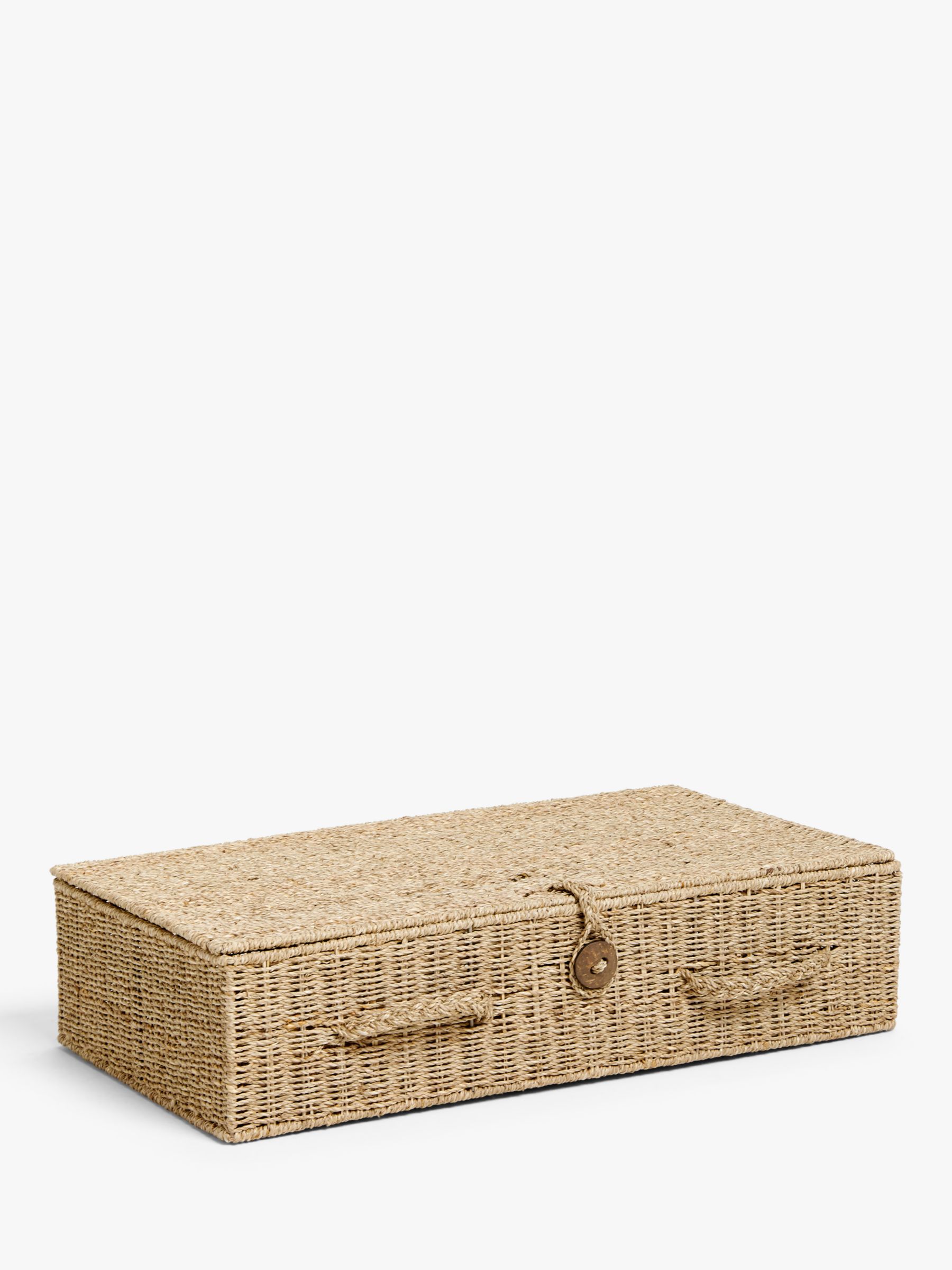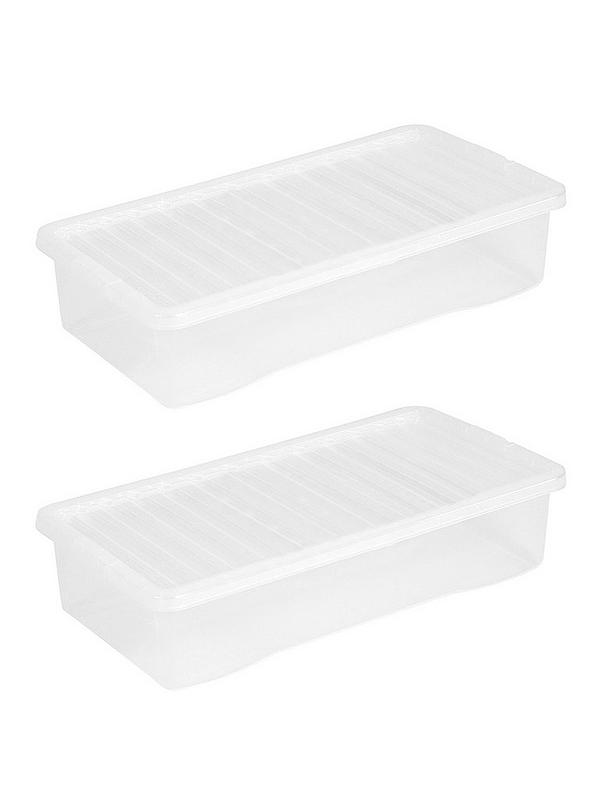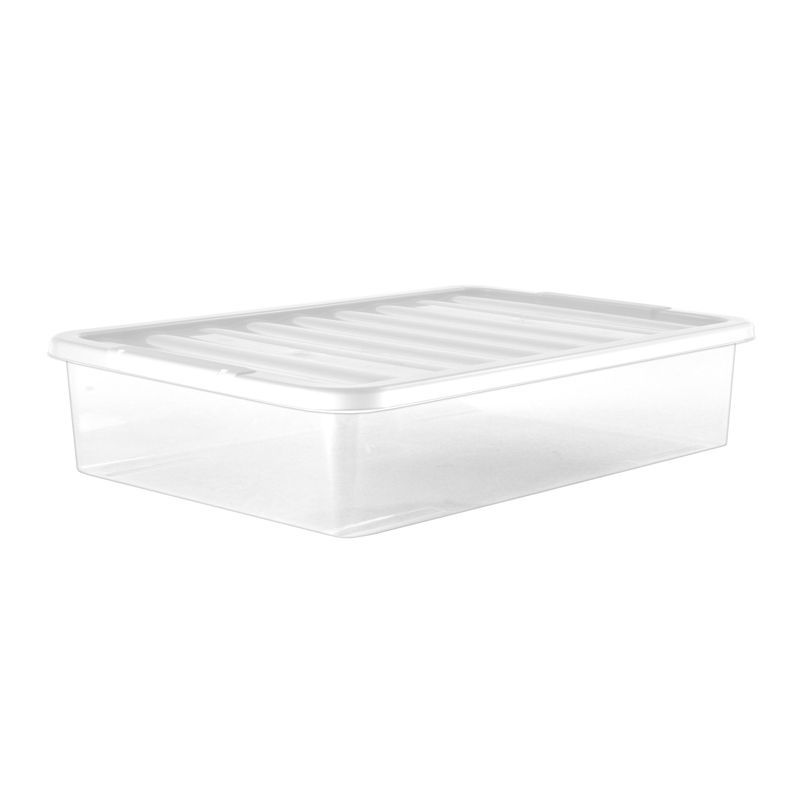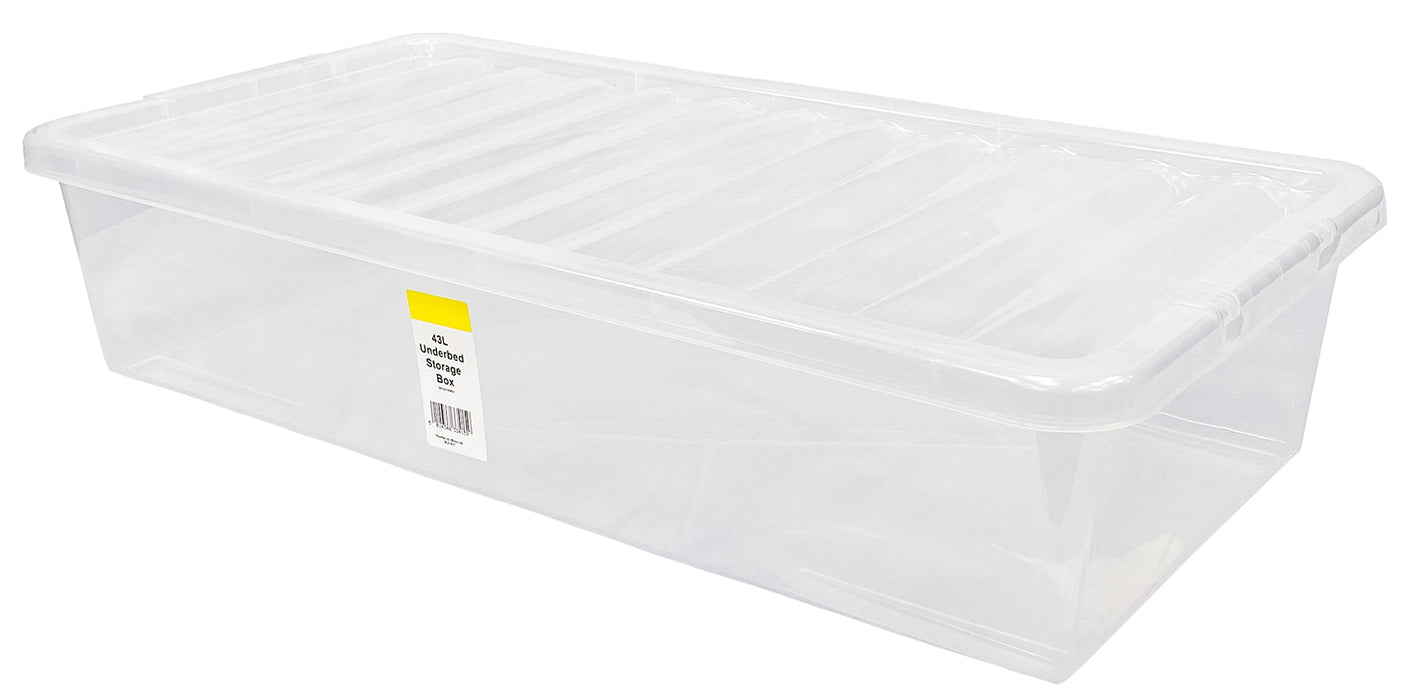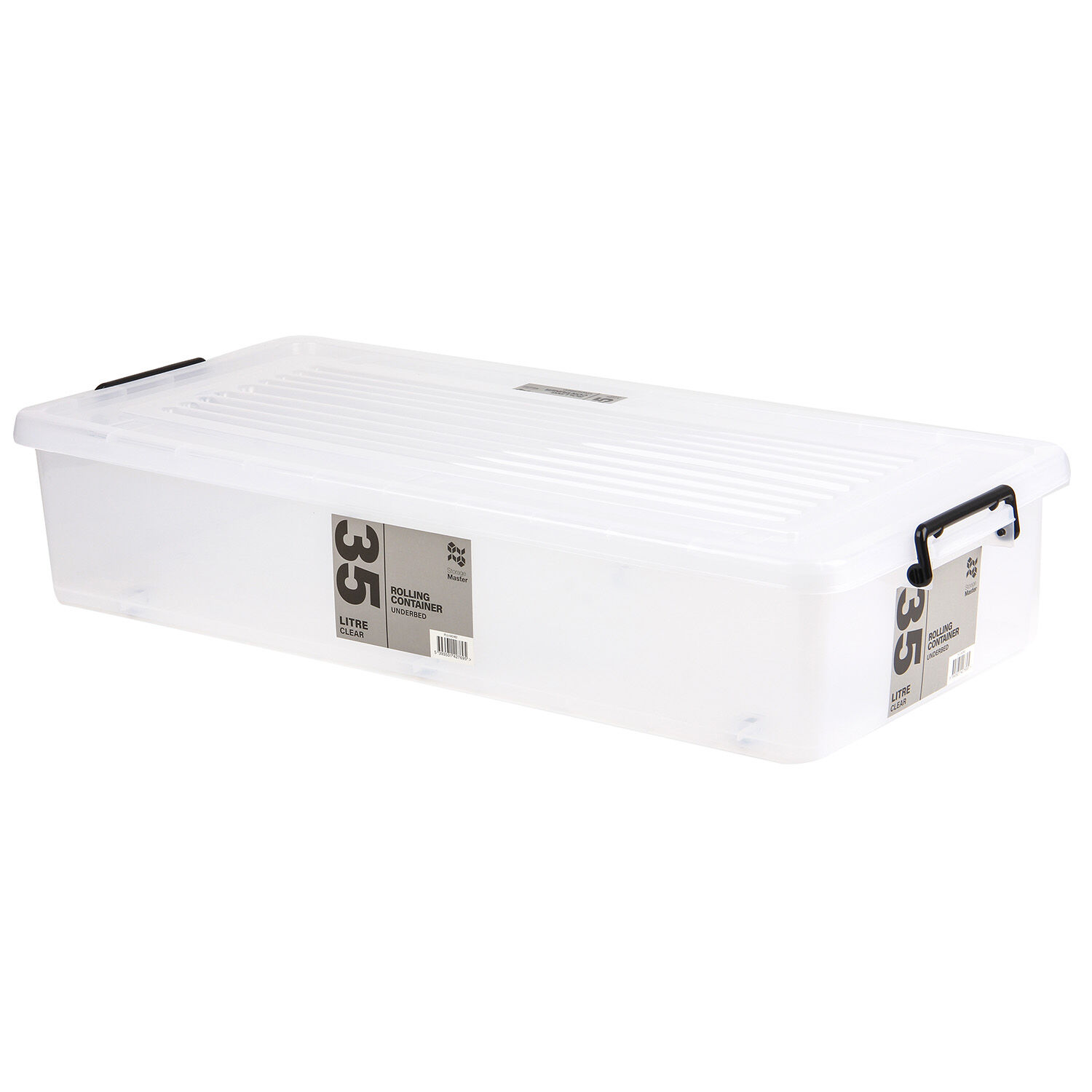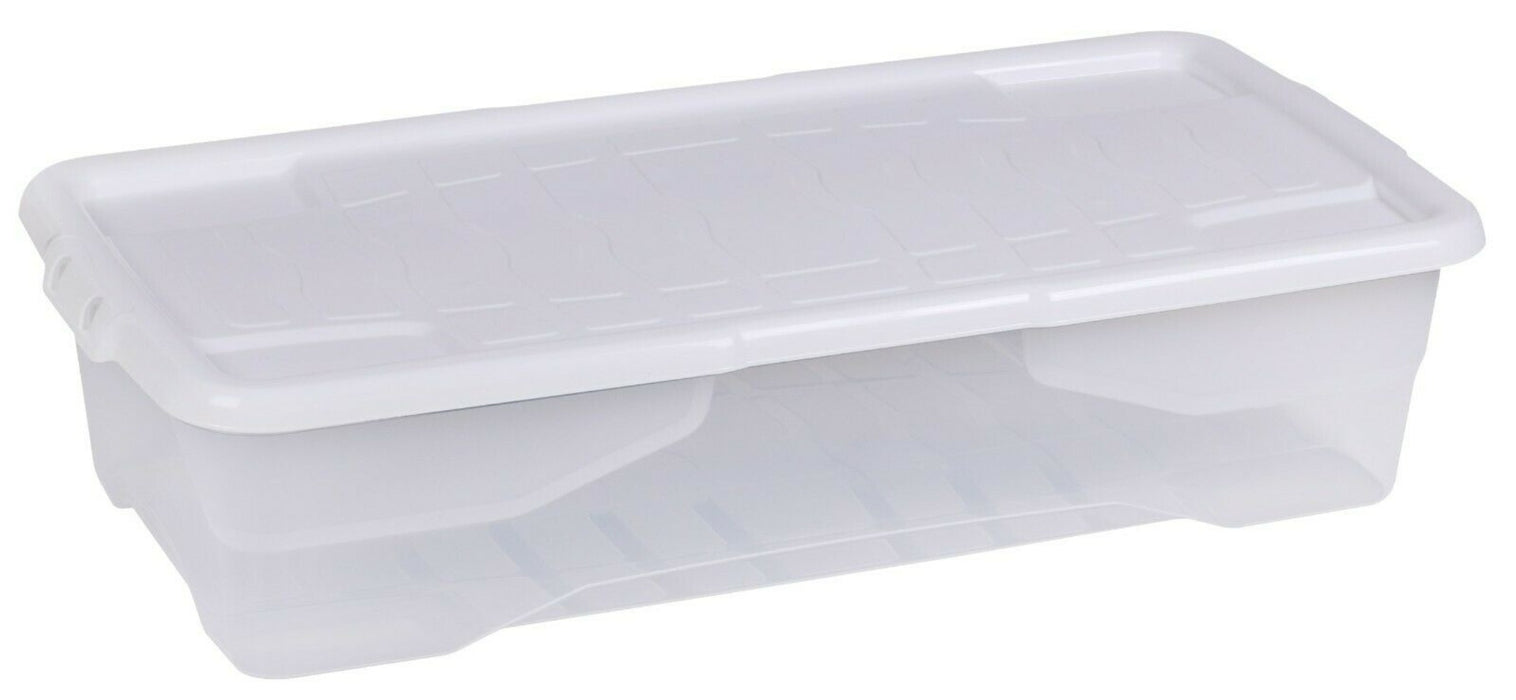
JUPELI Under Bed Storage Box with Lids, 2 Pack Large Underbed Storage, Foldable Under Bed Clothes Storage Box W/Handle, Under Bed Storage Organiser Drawer Containers for Clothes Blankets Pillows : Amazon.co.uk: Home

Underbed Storage Bag 3Pack 90L Large Under Bed Storage Box with 4 x Large Zip lock Bags -with PVC Window for Clothes, Duvets, Comforters, Blankets, Bedding, Quilts : Amazon.co.uk: Home & Kitchen
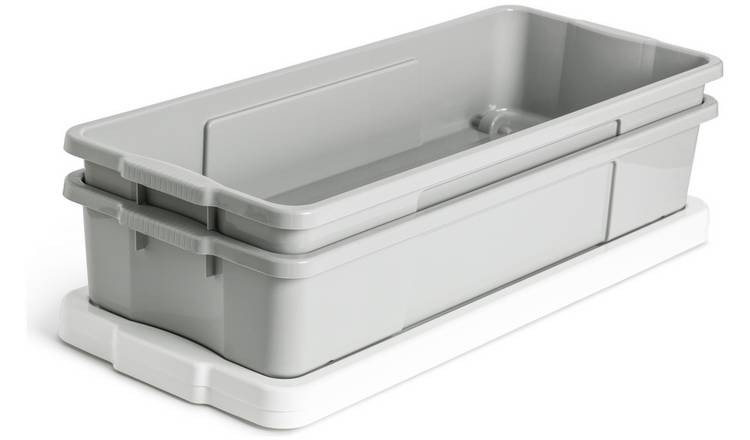
Buy Argos Home 2 x 45L Wheeled Underbed Storage Boxes - Grey | Plastic storage boxes and drawers | Argos

Supowin Underbed Storage Containers Bin with Lids (Set of 2) Large Under Bed Storage Organizer Box with Handle, Blankets, Pillows-Grey : Amazon.co.uk: Home & Kitchen
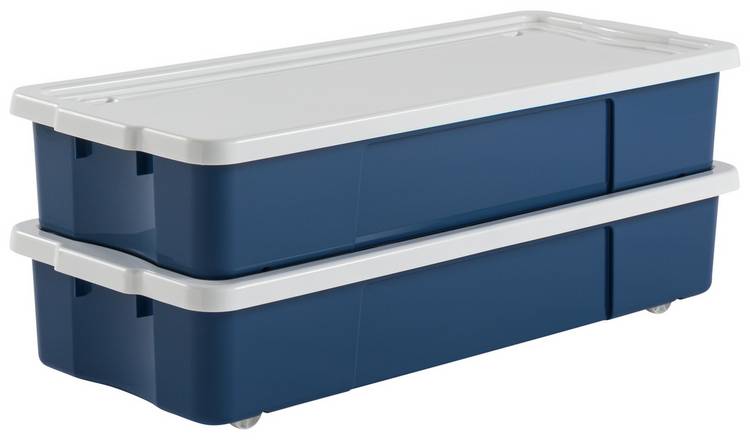
Buy Argos Home 2 x 45L Wheeled Underbed Storage Boxes - Blue | Plastic storage boxes and drawers | Argos

